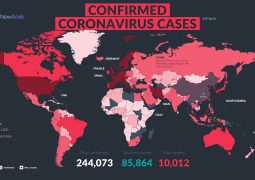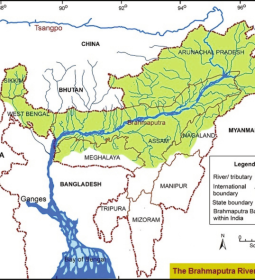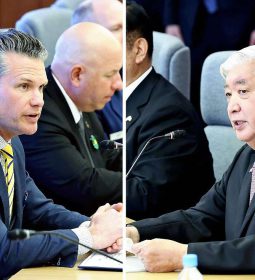Half a million Chinese canceled trips start to hurt on Japan businesses

Chinese government has recommended that its citizens refrain from visiting or studying in Japan because of a supposed increase in attacks against Chinese nationals.
The announcement was an apparent response to Prime Minister Sanae Takaichi’s remark in the Diet that a Chinese military attack against Taiwan could threaten Japan’s survival and lead to a Japanese response.
The trip cancellations came just as the number of visitors from China had recovered from the lows during the COVID-19 pandemic.
Chinese industry groups have scrapped about 30 tours to Japan scheduled for late November to early December, RCC Inc., a Tokyo-based travel agency, said.
RCC, which arranges both individual and group trips from China to Japan, said it received a series of cancellations on Nov. 17 and was trying to adjust its arrangements with bus operators, hotels, restaurants and tour guides.
RCC also said nine groups from China canceled their tours to the University of Tokyo in January and February to explore their study-abroad options.
Individual Chinese are also canceling their visits to Japan, RCC said.
“Chinese tourists often choose Japan among several destinations. So, even a minor concern could lead them to switch to alternatives, such as Southeast Asia,” a staff member of the company said.
After Beijing’s recommendation, three major Chinese airlines announced they would not charge flight cancellation fees, which fueled the surge in scrapped trips, the company said.
Between 2,000 and 3,000 Chinese have used RCC for tours in Japan each month this year, an increase from around 800 per month last year.
“During the COVID-19 pandemic, the Japanese government covered our costs for canceled tours. But this time, it’s unclear who will bear the burden,” the RCC employee said.
A private university in western Japan said Chinese students have opted out of their participation in short-term study-abroad programs scheduled at the school.
These programs will run for one or two weeks in December, and were each expected to host several dozen students.
The Chinese government cited worsening public safety in Japan as the reason for travel advisory. Its recommendation extended to those already in Japan.
A Chinese woman in her 20s in the Tsukiji Outer Market in Tokyo’s Chuo Ward said she arrived in Japan on Nov. 15. She reserved a hotel room and made other arrangements three months ago, so it was too late to cancel them.
A man in his 20s in Tokyo’s Ginza district came from China’s Shandong province and arrived in Japan for the first time on Nov. 17.
“I thought traveling to Japan wouldn’t be a problem because it’s just a personal trip,” he said. “The issue is at the government level.”
Asked about the Chinese government’s warning, he said, “Japan is safe, so I don’t really care.”
Businesses outside the tourism industry are feeling the impact of Beijing’s words.
Tokyo-based Japan Seien Trading Co., which sells miscellaneous goods produced in China on a Japanese e-commerce site, said Chinese companies backed out of 10 deals on Nov. 17 alone.
A staff member of Japan Seien Trading said one of the Chinese companies said its top management halted the deal because Japan is dangerous.
“We’re losing two to three months’ worth of work,” the staff member said. “I expect the impact will grow even further.”
Tomoko Ako, a professor at the University of Tokyo with expertise in China studies, said she believes the Chinese government’s recommendation is just that–a recommendation—and will not have a major impact.
However, she said if relations further deteriorate, the Chinese government might require travel agencies to halt tours to Japan or reduce the number of flights between the two countries.
Ako said she thinks China’s recommendation was intended to signal its stance that Japan should not interfere in the Taiwan issue.
She said both governments need to ease tensions instead of responding emotionally to each other, influenced by public opinion.
(This article was compiled from reports by Midori Iki, Tomonori Asada and Emi Iwata, correspondent.)
- Previous Countries of Trans-Caspian Transport Corridor Vow to Deepen Cooperation
- Next Malaysia suspends rare earths, tin mining operations after river water turns blue
















